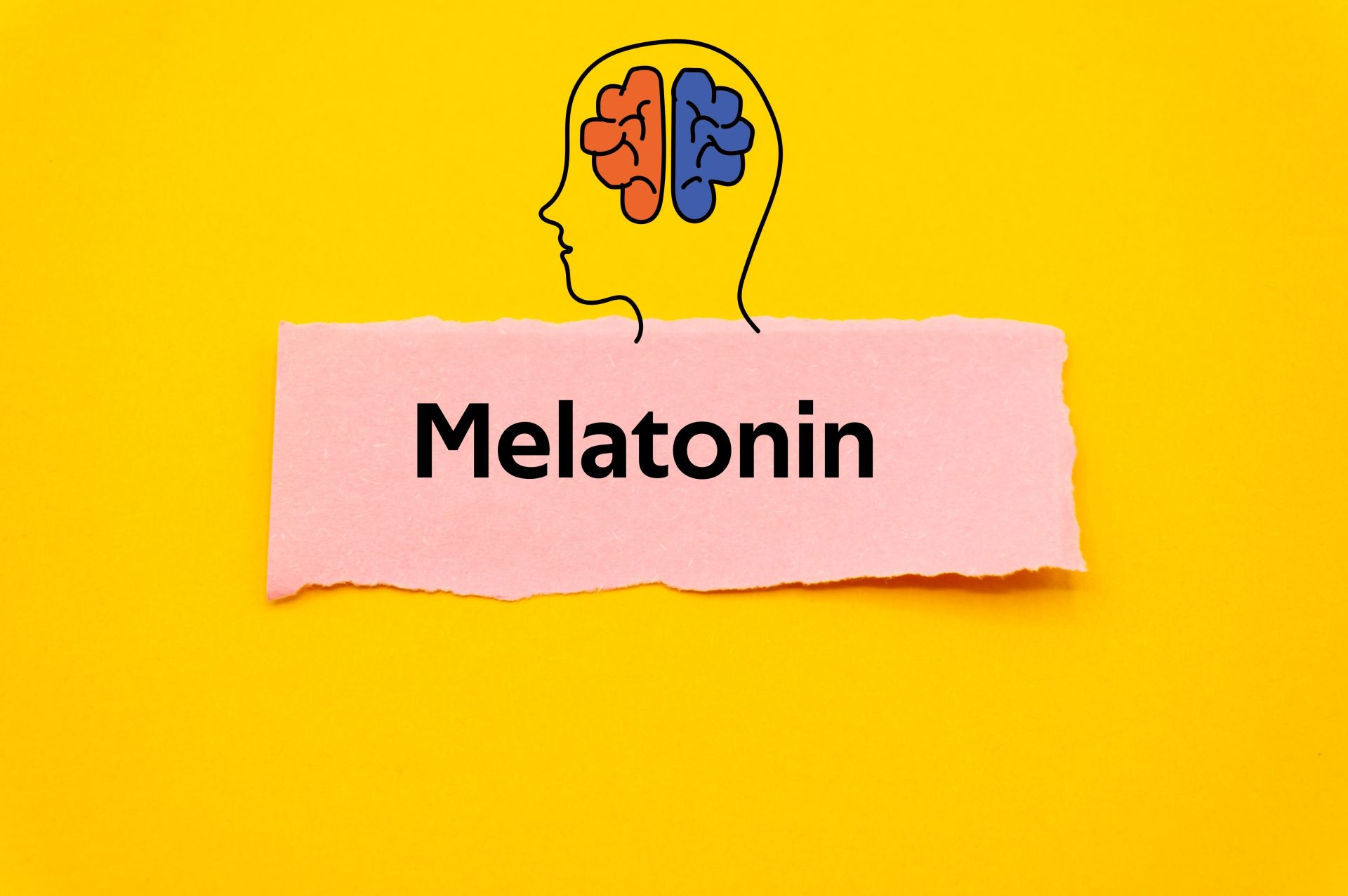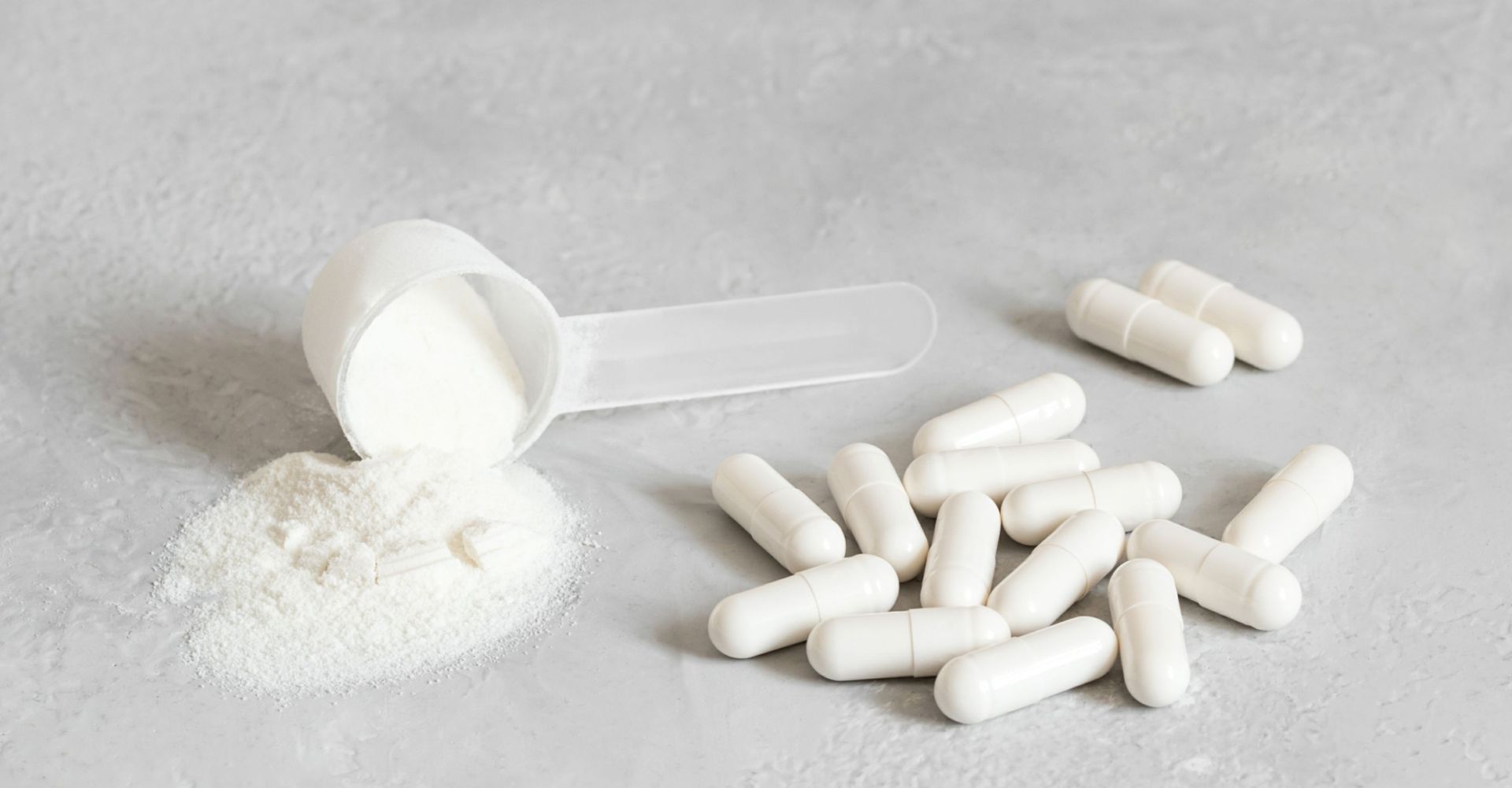
We associate homocysteine mainly with atherosclerosis, but neurological diseases are also strongly associated with it. This is because, among other things, homocysteine adversely affects the condition of blood vessels in the brain and increases inflammation, which is very harmful to the nervous system. There have been many indications in studies of cognitive deterioration with increased homocysteine, so this topic was taken more firmly under the microscope. It turns out that an increased risk of Alzheimer's disease is one potential consequence of hyperhomocysteinemia. Learn from this article how homocysteine affects Alzheimer 's and other forms of dementia and cognitive impairment, and how it can be prevented.
- Alzheimer's disease on the link to vascular factors
- Homocysteine increases the risk of dementia
- An adequate supply of B vitamins prevents and hyperhomocysteinemia, and supports the nervous system
- Summary
Alzheimer's disease on the link to vascular factors
Alzheimer's disease accounts for more than 70 percent of all dementia cases, so it is important to identify risk factors for the disease. Over the last decade of the last century, there has been a growing interest in vascular factors that may underlie Alzheimer's disease. It is now recognized that people with a history of cardiovascular risk factors and stroke have an increased risk of both vascular dementia and Alzheimer's disease.
These data have opened the floodgates to look for links between Alzheimer's disease risk and the accumulation of homocysteine, which is a potent toxicant to blood vessels, including those of the brain.
Homocysteine increases the risk of dementia
We are, of course, talking about its elevated concentrations. On the one hand, here we have a direct factor, since homocysteine damages the blood vessels that supply the brain with nutrients. On the other hand, we can find an indirect link, since increased homocysteine is a symptom of problems with the functioning of the methionine and folic acid cycles. Disturbances in these cycles have systemic consequences, and the brain feels them especially. Homocysteine can rise through deficiencies of B vitamins, which are very important for maintaining neuronal health, neurotransmitter production, etc., but it can also indicate a deficiency of SAMe (S-adenosylmethionine), which regulates DNA methylation, energy production and many other processes.
The mechanisms by which homocysteine is thought to have such deleterious effects on brain function include its theorized role in increasing oxidative stress, inhibiting methylation reactions, disrupting DNA repair processes, and direct and indirect neurotoxicity leading to cell death and apoptosis. It is suggested that these processes then lead to effects that are associated with the development of dementia and Alzheimer's, such as beta-amyloid accumulation, tau hyperphosphorylation, brain tissue atrophy and impaired cerebrovascular circulation.
With plasma homocysteine levels greater than 14 micromoles per liter, the risk of Alzheimer's disease almost doubled. It is worth noting here that the laboratory standard reported on blood test reports has an upper limit of 15. So a result of 14, although considered normal and not qualifying as hyperhomocysteinemia, is still a noticeable risk factor. This was the observation made in an 8-year follow-up involving 1092 participants.

An adequate supply of B vitamins prevents and hyperhomocysteinemia, and supports the nervous system
If we are concerned that excess homocysteine will negatively affect brain health and cognitive abilities, taking a good supplement with a B-vitamin complex can kill two birds with one stone.
Below are examples of the properties for the brain of these vitamins that are involved in homocysteine metabolism:
- riboflavin (vitamin B2) - participates in the metabolism of brain-building lipids, nitric oxide synthases, proteins involved in oxygen transport, among others;
- pyridoxine (vit aminB6) - is a cofactor in the synthesis of dopamine, serotonin, GABA, norepinephrine, melatonin, and even a slight deficiency can noticeably affect their concentrations; participates in regulating glucose levels in the brain, affects inflammatory processes;
- folic acid (vitamin B9) - participates in the synthesis and regeneration of tetrahydrobiopterin, which is involved in the conversion of amino acids to monoamines (serotonin, dopamine, norepinephrine) and nitric oxide;
- cobalamin (vitamin B12) - participates in the production of neurotransmitters, the generation of cellular energy and prevents defects in myelin, the substance that builds the sheaths on neurons.
Although combinations of B6, B9 and B12 alone are usually used for homocysteine reduction, it is increasingly heard that the whole B-Complex, however, has the best effect, so that a possible deficiency of the other B vitamins does not quietly sabotage our main activities.
Summary
Elevated plasma homocysteine levels are a strong independent risk factor for the development of dementia and Alzheimer's disease. To prevent this, we need to pay special attention to the supply of B-vitamins and whether our bodies are able to utilize them properly. Supplementation with a good-quality B-Complex can be a valuable part of preventive health care when there are concerns about the brain-damaging effects of homocysteine.
Sources:
 ⮜ Previous article
⮜ Previous article
Benefits of using melatonin - what are the effects?
 Next article ⮞
Next article ⮞